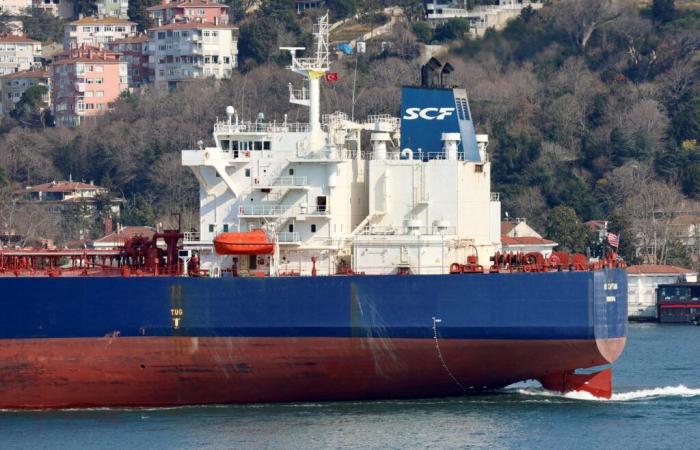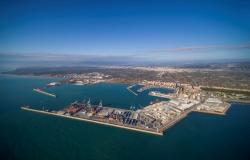The fragile agreement between the European Union and Russia on sanctions has collapsed, as tensions rise over a disputed breach issue. Latvia and Lithuania vetoed the proposed sanctions package, citing concerns over the extension of a provision that allows EU companies to continue operations in Russia, despite the ongoing conflict in Ukraine. The blockage exposed deep divisions within the EU and highlighted the challenges of maintaining a unified stance against Russia's actions.
“The loophole gives too much political cover for companies to stay in Russia,” said one critic of the contested provision, highlighting growing frustration with perceived permissiveness toward companies operating in Russia amid geopolitical turmoil.
EU negotiations stalled
EU negotiators, in an attempt to impose tougher measures on entities supporting Russia's actions in Ukraine, hit a roadblock on Friday. The refusal of Latvia and Lithuania to approve the sanctions package, mainly due to the expansion of the controversial trade loophole, derailed the discussions. The provision, initially intended to facilitate divestment from Russia, has been met with skepticism, with critics alleging it is exploited by companies seeking to maintain their operations in Russia.
According to sources familiar with the discussions, the package mainly focuses on penalizing companies and vessels involved in circumventing existing EU sanctions against Russia. Plans to significantly expand the list of blacklisted oil tankers and gas vessels were underway, indicating a tougher stance against entities aiding Russian interests. However, the impasse on the issue of loopholes has blocked progress, leaving negotiations at an impasse.
Concerns about trade exemptions
The controversial “no-Russia clause,” which allows EU companies to continue operations in Russia while bypassing certain trade restrictions, has been a point of contention. Repeated extensions of this provision have drawn criticism, with opponents arguing that it gives companies undue leeway to maintain their presence in Russia despite growing tensions. The reluctance of some EU member states to address this issue further highlights the internal disagreement within the bloc.
“It is regrettable that we could not adopt the 15th sanctions package today because Latvia and Lithuania did not agree to it,” said a diplomatic source, highlighting the disappointment surrounding the failed negotiations. The European Commission's commitment to addressing concerns raised by these countries signals a potential reassessment of controversial exemptions in future sanctions packages.
Future implications and diplomatic challenges
As the EU faces internal dissension over its sanctions policy towards Russia, the looming diplomatic repercussions remain unclear. Upcoming talks between EU foreign ministers on December 16 are set to reignite debates over the sanctions package, which could lead to revised measures in light of the recent deadlock. Moreover, the ambitious sanctions package proposed for the future, coinciding with Poland's assumption of the presidency of the EU Council, indicates a broader recalibration of the EU's approach towards Russia.
In conclusion, the collapse of the EU-Russia sanctions agreement highlights the complexities of maintaining a united front against Russia's actions. Internal divisions and competing interests within the EU pose significant challenges for crafting a coherent and effective sanctions policy, raising questions about the bloc's ability to navigate growing tensions with Russia in the months to come.






